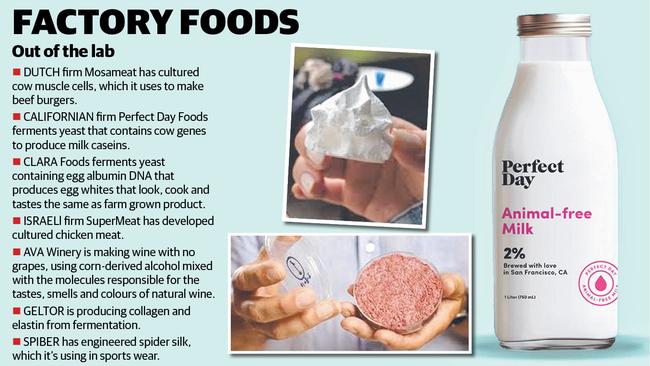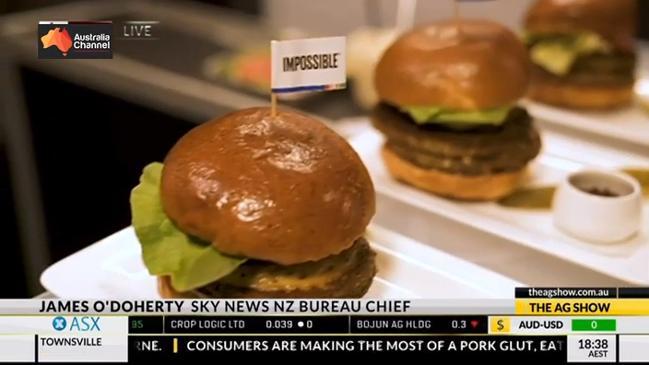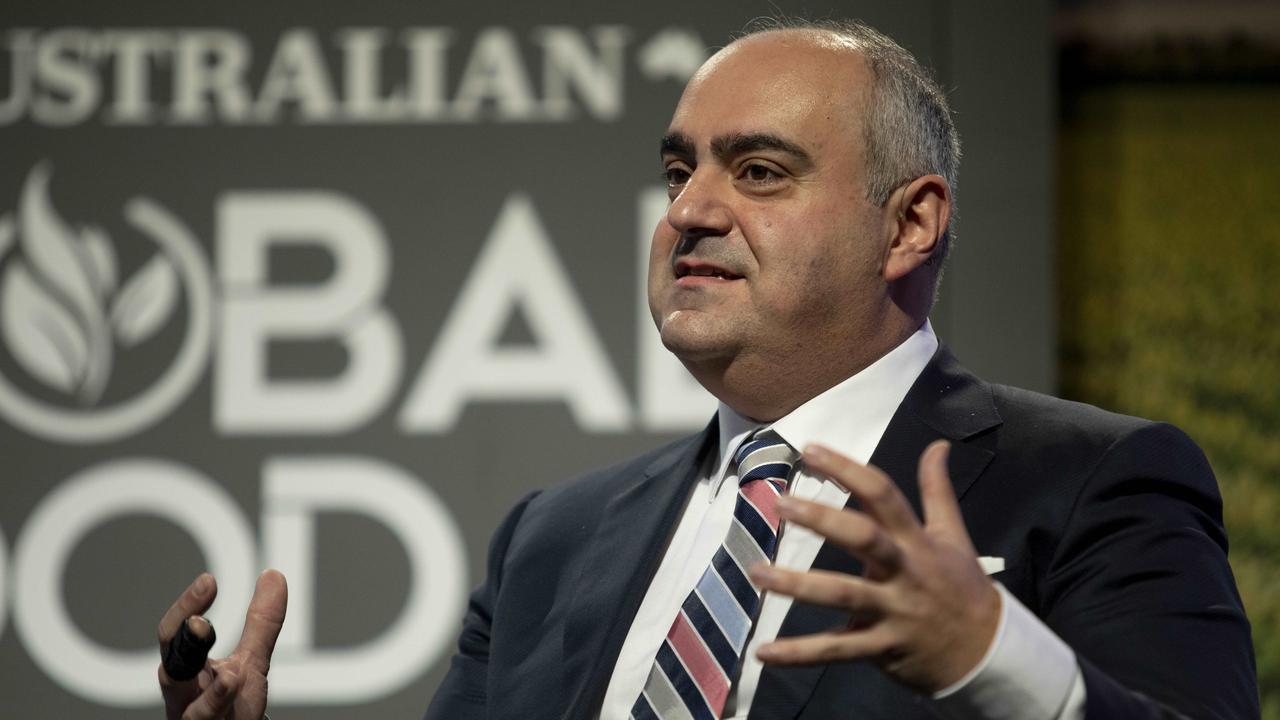Lab-grown protein: Cellular ag era dawns
LAB protein poses a challenge to farms, reports PETER HUNT.

FACTORIES are set to replace farms in the production of egg, meat and milk proteins, as a new wave of “cellular agriculture” prepares to sweep the world.
Proponents of the technology argue once it moves from the lab to factory it offers consumers a new source of animal-free, clean, green protein that will eventually be cheaper than farm-grown foods.
US firm Clara Foods is making egg whites without hens, inserting chicken genes into yeast that is fermented to produce 12 key egg white proteins that it has tested in a huge range of foods.
Another Californian biotech company, Perfect Day, is also fermenting genetically modified yeast containing dairy-cow genes to produce caseins.
But just how far off is commercialisation of these technologies? A Clara Foods spokeswoman told The Weekly Times the company was “still in the R&D Stage and looking to bring our product to market at the end of 2019”.

Perfect Day did not give a timeline on when cow-free dairy products would be available to consumers but some of the companies producing cell-grown chicken and beef say they are just three to four years from putting their products on the supermarket shelf.
Most cellular agricultural companies are marketing their technology as not only animal free, but environmentally friendly: no animals, less water, less space, less greenhouse gases and far less feed and transport.
Clara Foods also promotes animal welfare gains, highlighting its egg white is produced from yeast.
But while these biotech companies focus on selling clean-green messages to consumers, industry analysts say it’s the ingredients markets where cellular agriculture could have the greatest impact on agricultural supply chains.
Dairy Australia analyst Norman Repacholi said there would always be opportunities for Australia and other nations to differentiate “natural” dairy products from that grown in laboratories.
But he admitted the commodity markets would be far more willing to adopt a factory-grown substitute.
Mr Repacholi said cellular agriculture could also supply developing nations with cheap protein, which they could not currently afford from conventional markets.
European and Israeli companies have already slashed the cost of lab-grown meat (not the plant protein substitutes).
Dutch company Mosameat spent $450,000 making its first burger in 2013 but has cut the cost to about $15 and is trying to reduce it further.
“Within 2-3 years we project it will drop in price so that there will be products on supermarket shelves that are competitive with livestock meat products,” Mosameat states on its website. “We are aiming for market introduction in 3-4 years.”
Israeli firm SuperMeat makes similar claims, stating its cellular chicken meat requires “dramatically less resources to produce, hence, Clean Meat will be less costly than conventional meat”.
“Clean Meat will be produced industrially, in Clean Meat food factories (similar to how beer is made today).”
In the meantime Australian livestock industries are keeping a close eye on the US and European start-ups that could disrupt global markets, pumping out pure A2 casein, egg white, pure beef, chicken and pork proteins to be added to a huge range of processed foods.
Others are doing more than sitting on the sidelines.
Microsoft founder Bill Gates, Virgin airlines founder Richard Branson and a raft of major investment corporations are pouring funds into cultured and fermented proteins, produced from animal cells or genetically modified yeast and bacteria.
Agribusiness giant Cargill has invested in biotech firm Memphis Meats, which has grown chicken, duck and beef directly from animal cells.
German poultry giant PHW has backed Israeli firm SuperMeat’s lab-grown chicken meat, while others are investing in producing casein from yeast.
These companies know global demand for protein is expected to double by 2050, on the back of demand by 9.5 billion people.
One of the most obvious questions is what happens to rural communities as factories replace farms, given the amount of land devoted to farming is already on the decline in developed nations.


